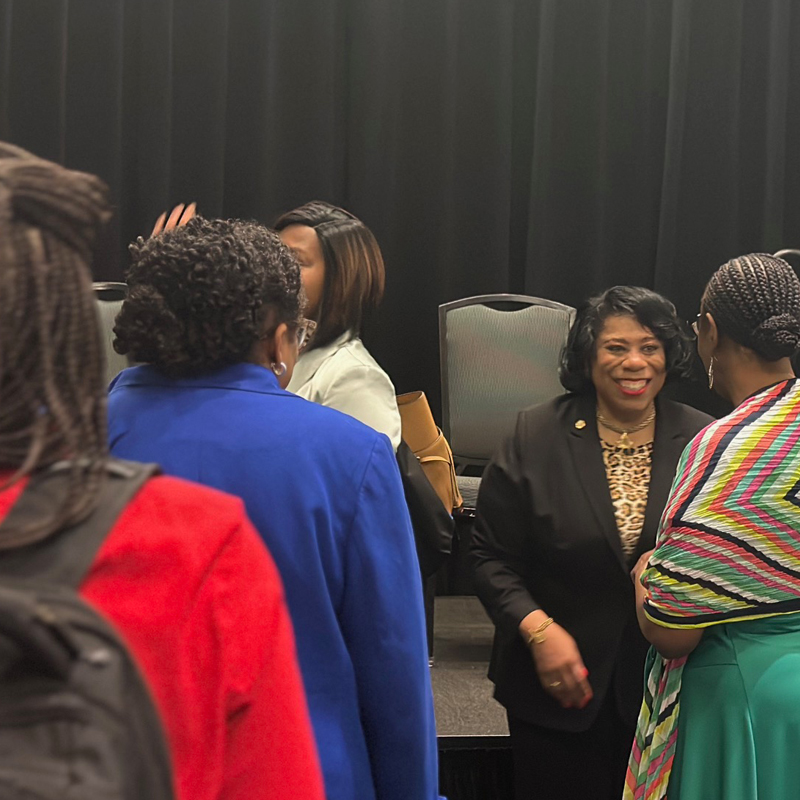
>
Training Community College Presidents
>
Comprehensive Training & Coaching for Community College Presidents
Navigating Leadership with Vision, Resilience, and Impact
In the ever-changing landscape of higher education, community college presidents play a crucial role in shaping the future of accessible, workforce-driven education. This Comprehensive Training & Coaching Program is designed to equip leaders with the tools, strategies, and adaptive mindset necessary to lead with confidence, innovation, and institutional resilience.
Focused on strategic leadership, financial sustainability, community engagement, and student success, this tailored program provides hands-on coaching, real-world case studies, and peer-to-peer collaboration to strengthen executive decision-making and long-term institutional growth.
Through expert-led sessions, dynamic workshops, and interactive leadership forums, participants will:
- Develop Strategic Vision – Create and implement a long-term roadmap for institutional success.
- Strengthen Financial Oversight – Navigate funding models, budgeting, and revenue diversification.
- Enhance Workforce Partnerships – Build bridges between education and industry demands.
- Improve Student & Faculty Engagement – Foster a thriving academic community and support retention.
- Respond to Policy & Accreditation Challenges – Stay ahead of shifting regulations and compliance requirements.
This program is tailored to address the unique demands and pressing challenges community college presidents face today, ensuring they are fully prepared to lead with clarity, impact, and institutional resilience.
In crafting a leadership development program for community college presidents, several key leadership goals should be emphasized to ensure institutional resilience, innovation, and student success. Here are some crucial leadership objectives to integrate into the program:
Visionary Leadership & Institutional Strategy
- Develop a compelling institutional vision that aligns with evolving educational landscapes.
- Foster a long-term strategic plan that enhances growth, innovation, and sustainability.
- Implement data-driven decision-making to track progress and adapt strategies effectively.
Financial Sustainability & Resource Management
- Master budget planning and financial oversight to ensure institutional stability.
- Identify alternative revenue sources, including corporate partnerships and grant funding.
- Strengthen cost-effective operations and improve fiscal accountability.
Student-Centered Leadership & Retention
- Prioritize student success strategies to improve retention and graduation rates.
- Integrate holistic student support programs, including wellness and career readiness.
- Lead initiatives that promote diversity, equity, and inclusion in academic environments.
Workforce & Industry Engagement
- Build strategic alliances with industry leaders to align academic programs with workforce needs.
- Strengthen career-focused education pathways that support students entering high-demand fields.
- Foster employer collaborations for internships, apprenticeships, and post-graduation employment.
Adaptive Leadership & Crisis Management
- Lead with agility during challenges such as declining enrollment or policy shifts.
- Implement proactive crisis management frameworks for institutional resilience.
- Cultivate a culture of innovation and strategic transformation to meet evolving demands.
Faculty & Staff Engagement & Development
- Promote leadership growth among faculty and administrative staff.
- Address faculty morale, engagement, and professional development initiatives.
- Foster collaborative leadership models for shared governance and institutional success.
Policy Navigation & Higher Education Advocacy
- Stay ahead of policy changes and accreditation standards.
- Engage in higher education advocacy at state and national levels.
- Strengthen relationships with legislators and policymakers for institutional support.




